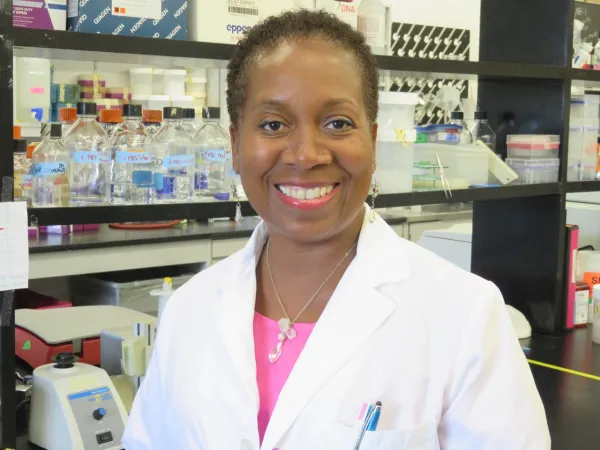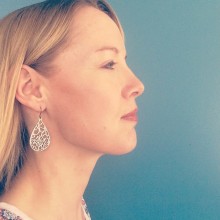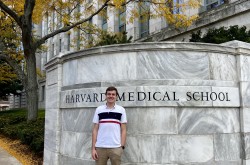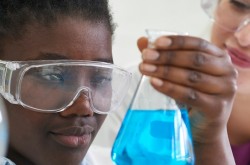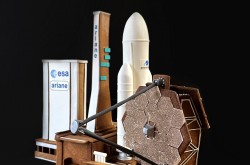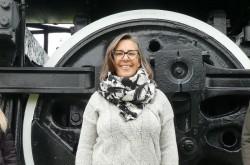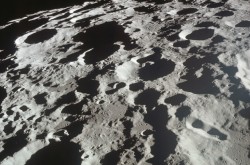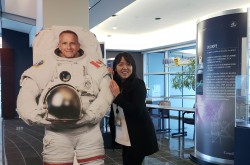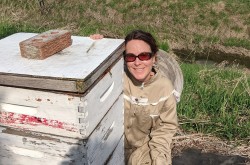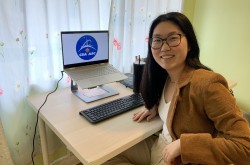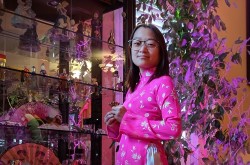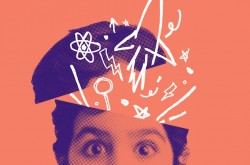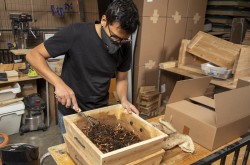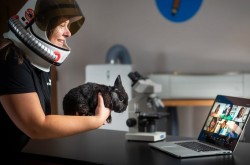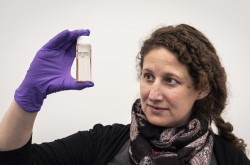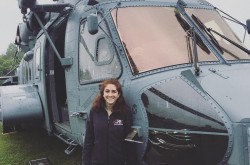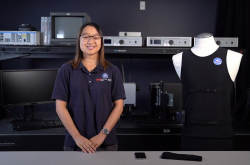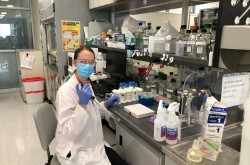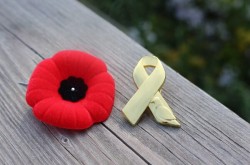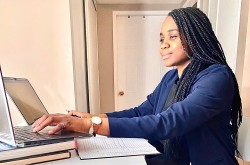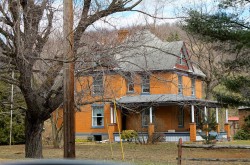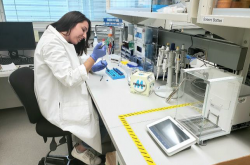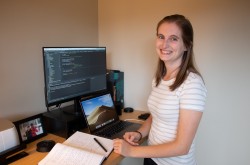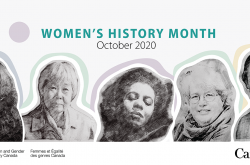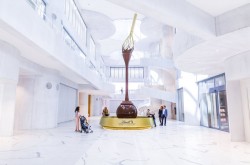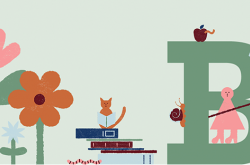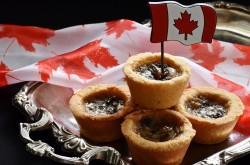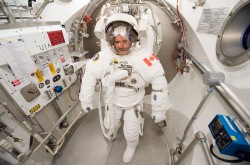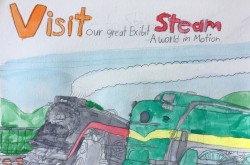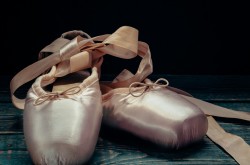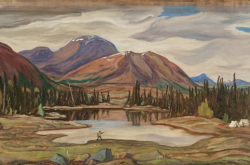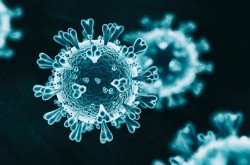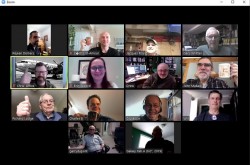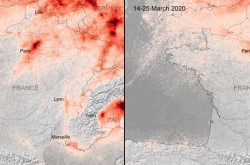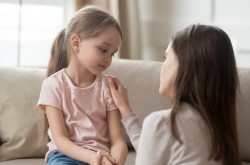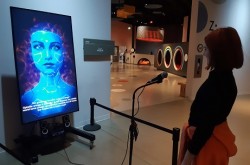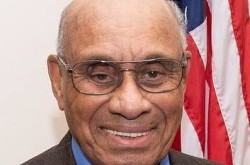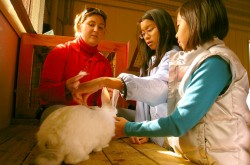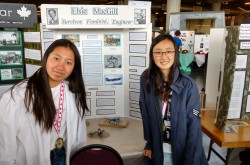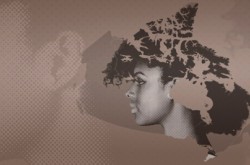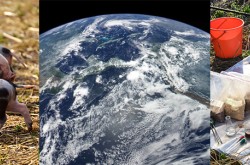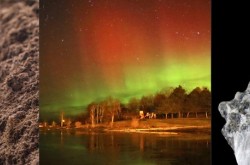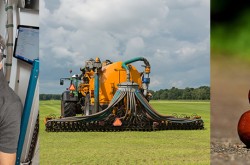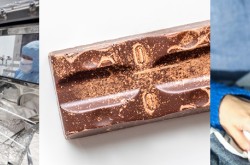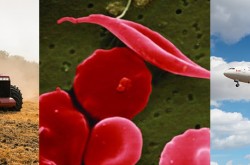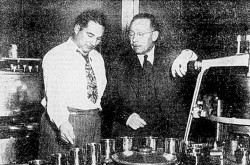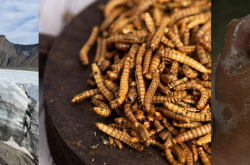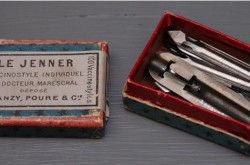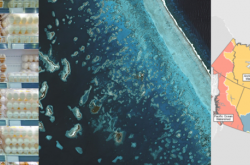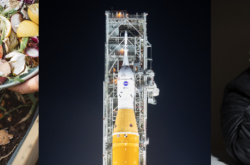Black voices in STEM: A conversation with Dr. Juliet Daniel
Dr. Juliet Daniel is a woman of action. She is a scientist who is breaking new ground — both in her research, and in advocating for Black scientists in Canada.
As a cancer biologist and professor at McMaster University, Dr. Daniel’s research led to her discovery of a new gene called ‘Kaiso’ — whose high expression is linked to racial disparities in cancer outcomes. Dr. Daniel also lends her voice to advocate for women and equity-seeking groups. In July 2020, she co-founded the Canadian Black Scientists Network, an organization dedicated to mentorship, development, and visibility for Black Canadians studying and working in Science, Technology, Engineering, and Math (STEM).
The Ingenium Channel recently sat down with Dr. Daniel, to talk about her love of science, her work, and her suggestions for how to best support Canada’s Black community.
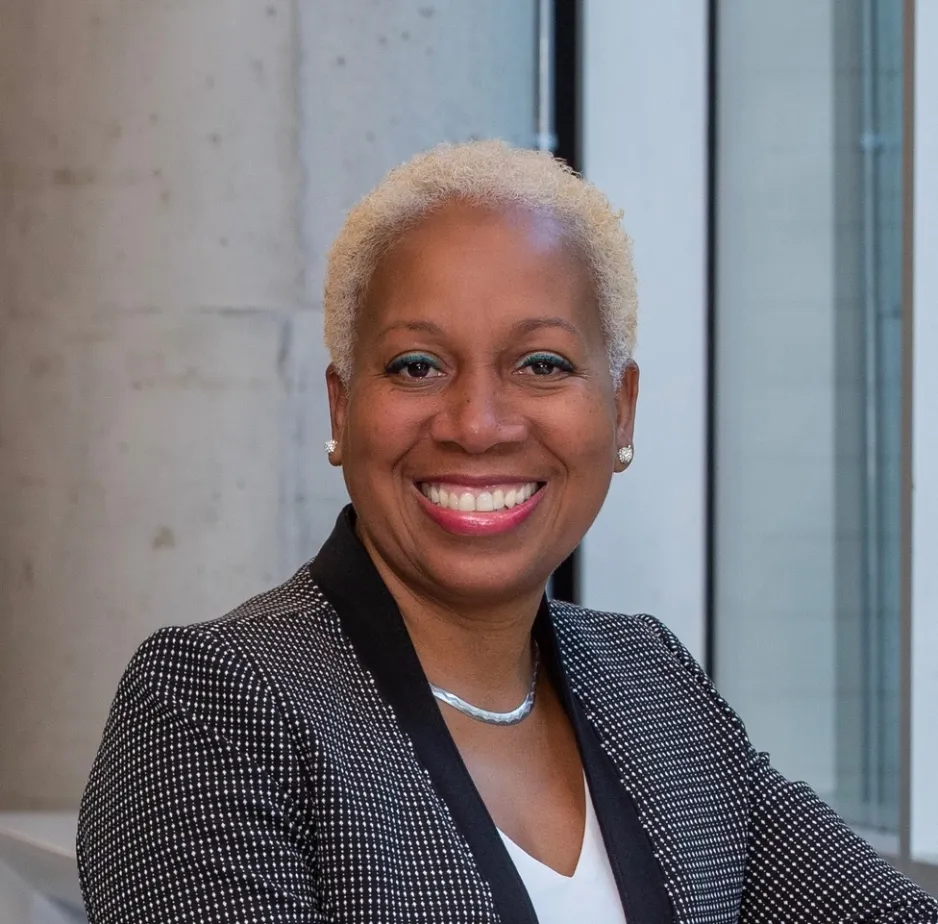
Ingenium Channel (IC): When did you first develop an interest in science?
Dr. Juliet Daniel (JD): I think I had an interest in science from the minute I could talk. I always asked, “why?” I was one of those kids with lots of “whys,” and I was just always fascinated by nature and life. You know, like how do you get babies from a sperm and an egg? I've just always been fascinated by science.
IG: Is there is there a person who particularly inspired or encouraged you?
JD: I was totally inspired by Mae Jemison, who was the first Black female astronaut in space. And then I got to meet her, and I just about fainted!
I was living in the States doing my postdoc, and unfortunately I had to come to Montreal for my cousin’s funeral. My family introduced me to a journalist who worked for the community newspaper; they were all excited to introduce me to the journalist since nobody else in the family has a PhD. That prompted an invitation for me to speak at an annual event, designed to encourage the Black youth in Montreal to pursue science careers and academia. I saw it as an opportunity to get back to Montreal to see my family, so I agreed to speak. Then, two weeks before the event, they informed me that I would be a keynote speaker…along with Dr. Mae Jemison! For any Black girl in science, it was like, Mae Jemison…wow! She was the first Black female to go into space and she has an MD and a PhD. So to meet her in the flesh, that was really cool and the highlight of my life for a very long time.
IC: What led you to decide to become a cancer biologist?
JD: I always wanted to do research that would have global impact and win the Nobel Prize; that was my childhood dream. Then, in the last year of my undergrad, my next door neighbour in Barbados passed away of breast cancer. A month or so after she died, my mom was diagnosed with ovarian cancer, and she died of ovarian cancer six months later.
Up to that point, I hadn't really like thought about what type of research I was going to focus on. I had learned so much, and had ideas about possibly pursuing pharmacology or immunology. But then, with two people close to me dying within eight months of each other, I thought, “Okay, cancer research it is.”
IC: That's really powerful. I’m sorry for the losses that you had to go through, but it's obvious you have a real, true personal connection to your work. Now, your work then subsequently led to your discovery and naming of the gene, ‘Kaiso.’ I know that name is a tribute to your Caribbean heritage. Could you tell me a bit more about why you chose that name, and how your background has influenced your professional focus?
JD: When I cloned the gene, my supervisor said I could name it anything I wanted. I already knew that in North America, there were very few Blacks in Science, Technology, Engineering, and Math (STEM), and also very few Caribbean people in STEM. So I wanted to name the gene something that had a Caribbean connection, but I wanted it to be a little bit subtle. So “Kaiso” is the slang term for Calypso, the type of music that we play in the Caribbean. Calypso is my favourite music, and it's the music I played every day while I was a postdoc and I was cloning the gene. So that pretty much settled my choice for naming the gene! But years later, I learned it’s also a Japanese word that means salad (laughs).
IC: You co-founded the Canadian Black Scientists Network in July 2020. I was wondering if you tell me a little bit about your motivations to create this network, and why it's so important.
JD: Let me answer that by telling you a story. So about 12 years ago, Canada finally started hosting a bi-annual cancer conference called the Canadian Cancer Research Conference.
The first year I attended [to the conference], there were maybe three or four Black people out of about 1,000 people. Two of them were from my lab, me, and a student. Then two years later there were five of us, but three were from my lab; it was just crazy. I would talk with my students about it, and they were like, “Where are all the other Black people/scientists?”
~ Dr. Juliet Daniel
Then when the pandemic came, and then George Floyd was killed and Black Lives Matter emerged, we all said, “Okay, we have to do something about this.” We were all stretched in terms of being busy with work, but we needed to have a network as we needed to support each other. We want to increase the numbers of Black trainees in the pipeline, so that we can have more representation. We want to get students and postdocs involved, and start mentoring them to stay in STEM and academia.
IC: It’s Black History Month, which has given pause to how we can truly effect change for the Black community in Canada. However, it can be daunting to know where to start. What advice you would give to a colleague and friend who wants to elevate their understanding and compassion?
JD: For someone that's genuinely interested, just spend some time having coffee — or virtual coffee — with Black colleague or friends. Spend some time, get to know that person, and ask them to share their stories. This offers insight into what the challenges and struggles are that many Blacks in academia and STEM face, and empowers you to say, “Okay, this is where I can help.” Everyone has different gifts, and allies can help in different areas. That's how I would approach it, although I think some people will disagree. Some of my friends would say, “No, they [Caucasians] need to go and read books.” Personally, I think that it's just too abstract, but I think if it's someone you know and you work with, it's going to be more impactful.



